The moon has always been a fascinating celestial body, its phases influencing tides and perhaps even human behavior. Have you ever wondered how the moon’s cycles might reveal insights about yourself? From relationships to mood swings and personality traits, the moon phases seem to hold a unique power over our lives. Whether it’s the waxing crescent signaling new beginnings or the waning gibbous urging us to let go, each phase carries its own energy and significance. In this article, we’ll explore how moon phases offer profound personal insights, helping us understand ourselves and our world better. By examining the symbolic meanings, manifestation opportunities, and emotional impacts of each phase, we’ll uncover how the moon’s dance through the sky can guide us on our journey of self-discovery. Join us as we delve into the hidden wisdom of the moon and how it shapes our lives in ways we may never have imagined.

What Do the Moon Phases Symbolize?
The moon phases have long been interpreted as symbols of various emotions, natural cycles, and cultural stories. Here are some common interpretations:
- Emotional States:
- Waxing Moon: Growth and potential, representing optimism and new beginnings.
- Waning Moon: Decline and harvest, symbolizing endings and letting go.
- Seasonal Cycles:
- The moon’s phases mirror the natural seasons, influencing growth and harvest throughout the year.
- Mythological Significance:
- In many cultures, the moon represents female energy, intuition, and mystery.
- For example, the blood moon is often linked to prophecy and spiritual awakening.
- Modern Interpretations:
- Today, moon phases are also tied to patterns in nature, such as tides and animal behavior.
- Some believe the moon’s cycle mirrors human menstrual cycles and emotional highs and lows.
Learn more about the deeper meanings behind lunar cycles and their influence on daily life at Blood Moon Prophecy .
What Moon Phase Should I Manifest?
The moon’s phases play a significant role in manifestation, each offering unique energies that align with different aspects of intention-setting. Here’s a breakdown of the optimal moon phases for various manifestation purposes:
- New Moon : Ideal for setting intentions and planting seeds of desire. This phase symbolizes new beginnings, making it perfect for focusing on goals and aspirations. Practices may include writing down intentions and performing rituals under the new moon’s light.
- Waxing Moon : As the moon grows brighter, this phase is excellent for taking action and nurturing growing desires. It’s a time for growth and development, encouraging proactive steps toward your objectives.
- Full Moon : This phase is ideal for harvest and completion. It’s a time to celebrate achievements and give gratitude, allowing you to recognize progress and solidify your manifestations.
- Waning Moon : Focuses on releasing old patterns and habits. This phase helps in letting go of what no longer serves you, creating space for new opportunities and desires to emerge.
By understanding and aligning your actions with the moon’s phases, you can harness their unique energies to enhance your manifestation journey. Consider observing the moon’s cycles, incorporating rituals, and keeping a journal to track your progress and intentions.

What Your Moon Phase Says About Your Relationship
Your moon phase can reveal intriguing insights about your personality traits, which in turn influence your relationships. Here’s a breakdown of how different moon phases impact your romantic connections:
- New Moon: During the New Moon phase, individuals often feel a renewed sense of purpose and optimism. In relationships, this phase may bring a desire for fresh starts and new experiences. People under this phase tend to be idealistic and eager to explore uncharted territory.
- Waxing Crescent: The Waxing Crescent phase is associated with taking initiative and stepping out of your comfort zone. In relationships, this phase encourages individuals to take action and express their desires confidently. Communication becomes key during this time.
- First Quarter Moon: The First Quarter Moon phase signifies growth and expansion. Relationships during this phase thrive when both partners are willing to grow together. Openness to change and mutual support are essential for maintaining balance.
- Full Moon: The Full Moon phase is known for its intensity and emotional depth. Relationships under this phase often reach a peak, with feelings running high. This phase may bring challenges, but it also highlights the strength of your bond through shared emotions.
- Last Quarter Moon: The Last Quarter Moon phase emphasizes letting go and moving forward. In relationships, this phase encourages flexibility and understanding. Partners may find themselves releasing past tensions and focusing on future goals together.
- Waning Crescent Moon: The Waning Crescent phase is a time for reflection and closure. Relationships during this phase benefit from introspection and compromise. This phase may bring a natural progression toward harmony and mutual respect.
The Blood Moon Prophecy delves into these lunar influences, offering deeper insights into how celestial cycles shape our emotional and relational lives. By understanding your moon phase, you can better navigate the ups and downs of your relationships, fostering greater empathy and connection.
Understanding these phases not only enhances personal growth but also strengthens interpersonal bonds. Whether you’re in a new relationship or working on an established one, paying attention to your moon’s cycle can provide valuable guidance for building stronger, more meaningful connections.

What Moon Phases Make People’s Moods?
The moon’s phases have long been believed to influence human emotions and behavior. Different moon phases are thought to evoke distinct feelings and emotional states in individuals. Below is a breakdown of how various moon phases may affect people’s moods:
- New Moon: The new moon marks the beginning of a new lunar cycle. During this phase, many people feel a sense of renewal and fresh starts. It’s often associated with setting intentions and feeling motivated, which can positively impact mood.
- Full Moon: The full moon is known for bringing heightened emotions and energy levels. While this can lead to increased creativity and emotional expression, it may also result in feelings of anxiety or stress for some individuals.
- First Quarter Moon: The first quarter moon is a time of growth and action. Many people find this phase stimulating and energizing, which can enhance mood and productivity.
- Last Quarter Moon: The last quarter moon signals the end of a lunar cycle. This phase is often associated with reflection and letting go. It can lead to feelings of calmness and introspection, contributing to a positive mood.
- Blue Moon: Occurring rarely, the blue moon is essentially a second full moon within the same month. This rare event is often linked to heightened intuition and emotional release, which can impact mood in unique ways.
Overall, the moon’s phases seem to have a cyclical effect on mood, with certain phases amplifying emotions and others fostering balance and reflection. Understanding these patterns can help individuals better navigate their emotional landscapes.
For more insights into the cosmic influences on human behavior, visit Blood Moon Prophecy .
Does Moon Phase Affect Personality?
The moon’s phases have long been associated with various psychological and emotional states, leading many to wonder if they influence human behavior and personality traits. While the connection between lunar cycles and human moods remains debated, there are intriguing theories and observations worth exploring.
Here are some ways the moon phase may impact personality, supported by both folklore and scientific curiosity:
- Full Moon: Often linked to heightened emotions, intuition, and creativity. Some individuals report feeling more expressive or emotionally charged during this phase.
- New Moon: Symbolizing new beginnings, this phase may inspire introspection and a desire for fresh starts, potentially influencing risk-taking behaviors or decisions.
- Waxing Moon: As the moon grows larger, energy levels often increase, fostering growth and ambition. This phase may heighten competitiveness or drive.
- Waning Moon: During this phase, emotions may shift toward reflection and consolidation. People might focus on completing projects or strengthening relationships.
Scientific research on this topic is limited, but studies suggest that lunar cycles may indirectly affect sleep patterns and hormonal balances, which in turn could influence mood and behavior. However, the extent of these effects remains uncertain and more rigorous studies are needed.
Culturally, many traditions attribute specific characteristics to different moon phases. For instance, traditional Chinese medicine links the full moon to mental clarity and emotional stability, while Western astrology often associates the full moon with emotional release and personal growth.
Ultimately, whether the moon phase truly influences personality remains subjective. While some people may notice personal changes aligned with the lunar cycle, others may not experience any noticeable effects. It’s important to approach this topic with an open mind, considering both the symbolic meanings and potential biological connections.
For deeper exploration, visit Blood Moon Prophecy to uncover insights into astrology, lunar events, and their spiritual impacts on personal growth and life journey.

Why Can’t Empaths Sleep During a Full Moon?
Empaths often struggle to sleep during a full moon due to their heightened sensitivity and ability to sense and absorb energy from their surroundings. Here’s a breakdown of the primary reasons:
- Heightened Emotional Sensitivity :
Empaths are naturally attuned to the emotions of those around them. During a full moon, the emotional energy in the air tends to intensify, making it difficult for empaths to shut off their empathy. This can lead to feelings of overwhelm, stress, or anxiety, making it hard to relax and fall asleep. - Increased Energy Levels :
The full moon is known to amplify both positive and negative energies. Empaths may feel this increase more acutely, leading to a restless or hyperactive state. This can interfere with their ability to wind down before bedtime. - Disrupted Sleep Cycles :
The full moon can disrupt the body’s natural sleep patterns. Empaths might find themselves more prone to insomnia or vivid dreaming, as the increased energy can make it harder for them to transition into a restful state. - Spiritual or Energetic Influence :
Many cultures associate the full moon with emotional release and transformation. Empaths may feel compelled to process or release emotions, which can keep them awake. Additionally, they might absorb the collective energy of the full moon, further contributing to their inability to rest.
In summary, the combination of heightened emotional awareness, increased energy levels, disrupted sleep patterns, and spiritual influences makes it particularly challenging for empaths to sleep during a full moon.
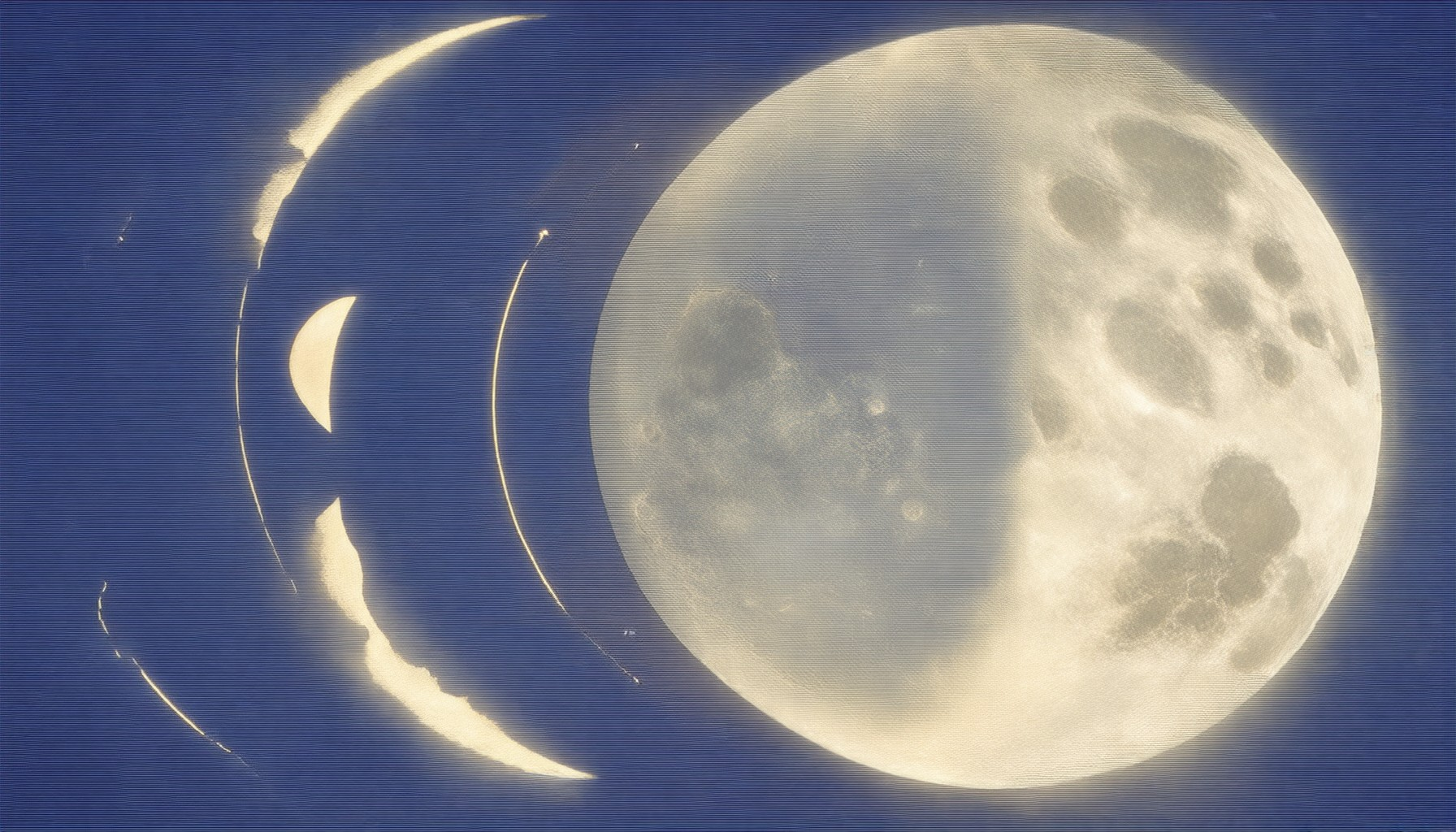
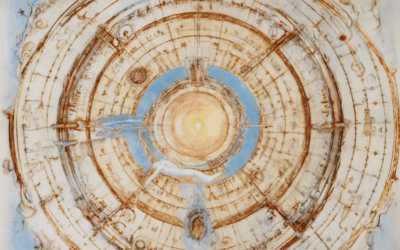
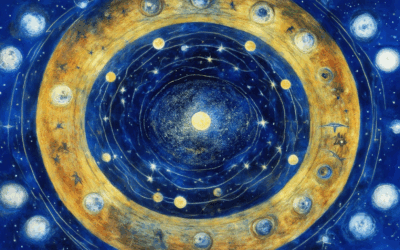
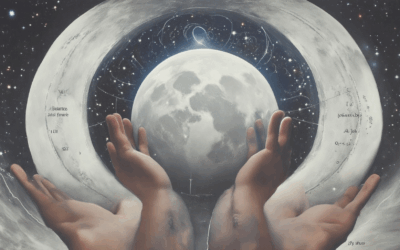
0 Comments